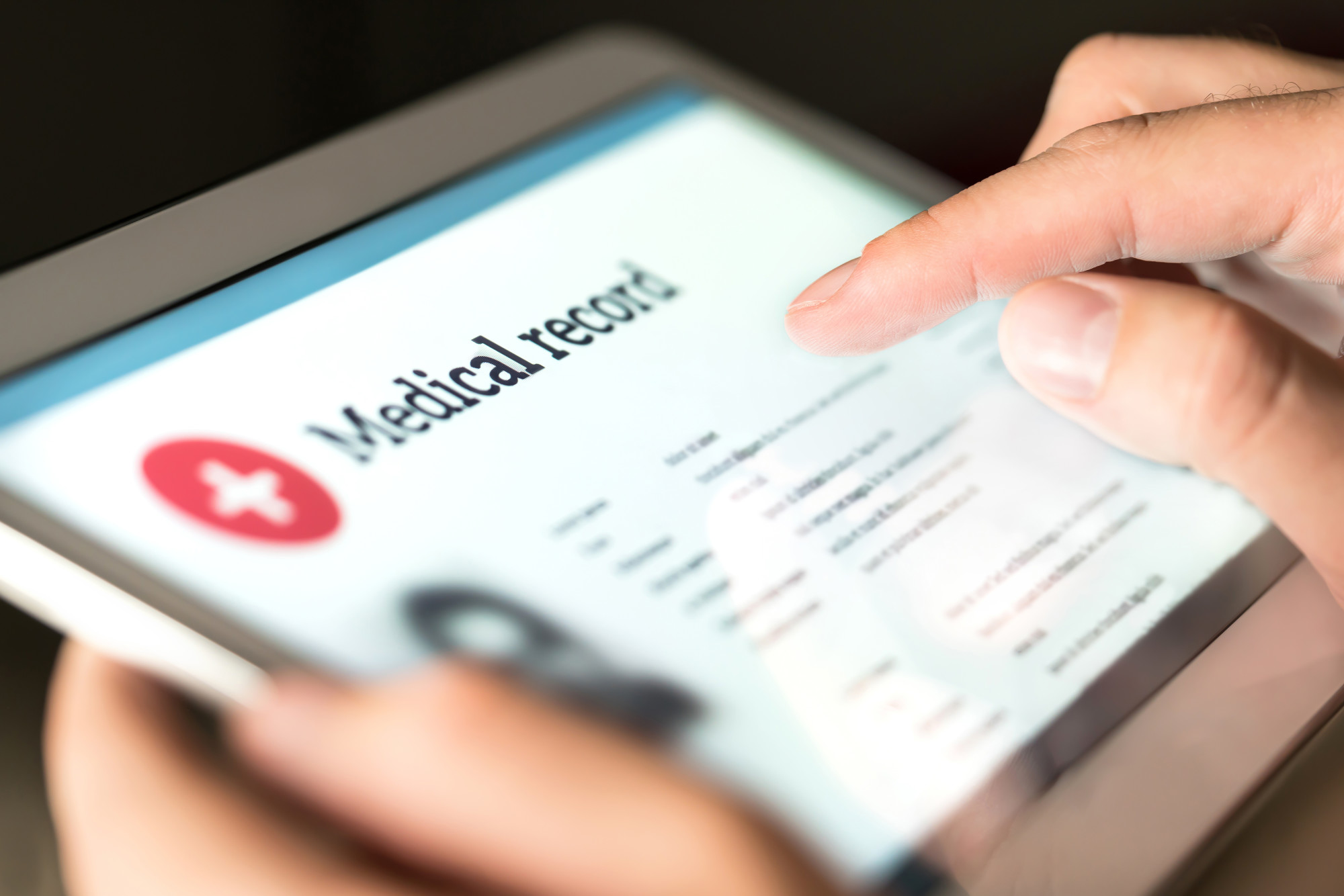
Standardization is a vast topic in healthcare, especially in the era of personalized medicine. As doctors have greater access to patient information and a more remarkable ability to share information (and ever-prevalent concerns about streamlining the budget), healthcare providers have to find new ways to innovate to ensure the quality of care.
Standardization is one option on the table.
What is standardization, and why is it so important for healthcare providers? Here's everything you need to know.
Table of contents
- What is Standardization in Healthcare?
- Standardization vs. Personalized Medicine
- The Case for Standardization vs. Personalization in Family Healthcare
- The Push for Standardization in Healthcare Reform
- The Benefits of Standardization in Healthcare Administration
- Standardized Analytics You Need to Deliver Solid Healthcare
What is Standardization in Healthcare?
Despite the name, standardization means a lot of different things to different people. That's partially because of the misunderstanding that standardization is cookie-cutter medicine.
Standardized medicine is the process by which healthcare stakeholders, such as hospital leadership, choose standard healthcare products and services to provide to patients based on data and evidence-based results to adhere to the highest quality of patient care while also keeping an eye on the budget. The idea is that by using proven results, stakeholders can choose methods that are proven to work.
Standardization vs. Personalized Medicine
Standardization is an entirely different approach from personalized care, which has increased popularity in the era of health wearables.
Like standardization, there are a lot of definitions of personalization based on the type of medicine in question. Broadly speaking, personalization uses information unique to the patient to develop customized care on a case-by-case basis. Imagine a local family doctor who knows everyone by their first name and knows everyone's aches and pains personally.
The idea behind the approach is to treat patients as unique individuals—otherwise, doctors may miss the nuances that make a case different and thus administer the wrong treatment.
The Case for Standardization vs. Personalization in Family Healthcare
There are merits to both arguments.
The case for standardization has a lot to do with controlling cost and controlling variables. The idea is that by doing so, you can control patient outcomes and push for the best possible result. For example, if you're using data to make informed decisions about your hospital supply chain, you can minimize inefficiencies and unnecessary costs associated with your supply chain. Supporters of standardization argue that personalization has too much cost variance between patients, creating excessive price hikes.
However, it's not just about cutting costs. Standardized medicine is also about reducing errors. The idea is that by reducing the number of variables attached to a single patient and using evidence-based results to make decisions, healthcare providers can make smarter decisions for their patients.
On the other side of the equation, proponents of personalized medicine argue that patients should not be treated as if they're identical. They're not identical, and if doctors treat them that way, they run the risk of ignoring key features of a patient's unique case that would allow them to pursue a better health outcome.
Plus, personalized care has been shown to boost patient satisfaction and patient engagement, since patients feel ownership over their own health outcomes and feel that their doctor is paying attention to them as an individual.
The Push for Standardization in Healthcare Reform
Which is the better option for healthcare reform? Ultimately, it depends on your focus.
Standardization allows healthcare providers to control outcomes as much as possible. That's good news for cost control. It's also a way to minimize mistakes. However, it doesn't allow for as much variance between patients if you apply it universally. Also, patients don't like being treated as though they're carbon copies of each other.
Standardization is excellent for healthcare providers who need to reduce waste. For example, for hospitals looking to maximize benefits from their supply chain, one of the best ways to do this is to get smart about how you use resources and cut down on unnecessary waste. Standardization allows you to make informed, data-driven decisions for maximal efficiency.
One way to see the benefits of personalized care without total personalization is to focus on personalization in the patient experience. The biggest point of personalization in the patient experience is compassion for the patient. They need to feel as though their provider has compassion for their unique case.
The Benefits of Standardization in Healthcare Administration
In terms of healthcare administration, standardization is incredibly useful as a means of common syntax between healthcare partners.
The reality is that healthcare providers are no more identical than the patients they serve. You and your partners operate differently—and that's a good thing. It allows you to act in a way that's effective for your unique business case. However, it runs the risk of sacrificing patient quality when information gets lost in translation.
Standardization in healthcare administration allows you and your partners to establish a familiar syntax. That way, you both code information the same way and follow the same procedures in administering healthcare data. In doing so, you can maximize understanding between partners and ensure consistent quality in the patient experience. In the end, it all works out to the benefit of your business relationship, and most of all, your patients.
Standardized Analytics You Need to Deliver Solid Healthcare
When appropriately used, standardization in healthcare can be a massive benefit to your patients. It ensures consistency of patient outcomes and consistent standards of care. When paired with personalization in doctor-patient relationships, it can also deliver more robust patient engagement.
For healthcare providers looking to deliver on the benefits of standardization, the best place to start is your healthcare supply chain. That's where we can help with supply chain analytics that makes it easy to deliver data-driven decisions. So if you're ready to invest in a more substantial patient experience, check out our solutions today to learn more.
